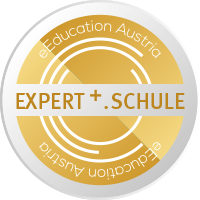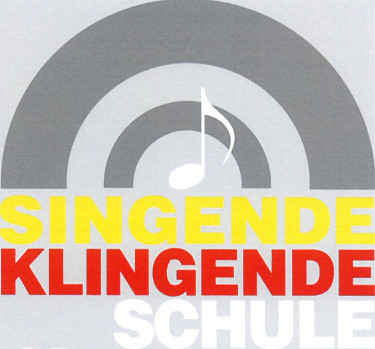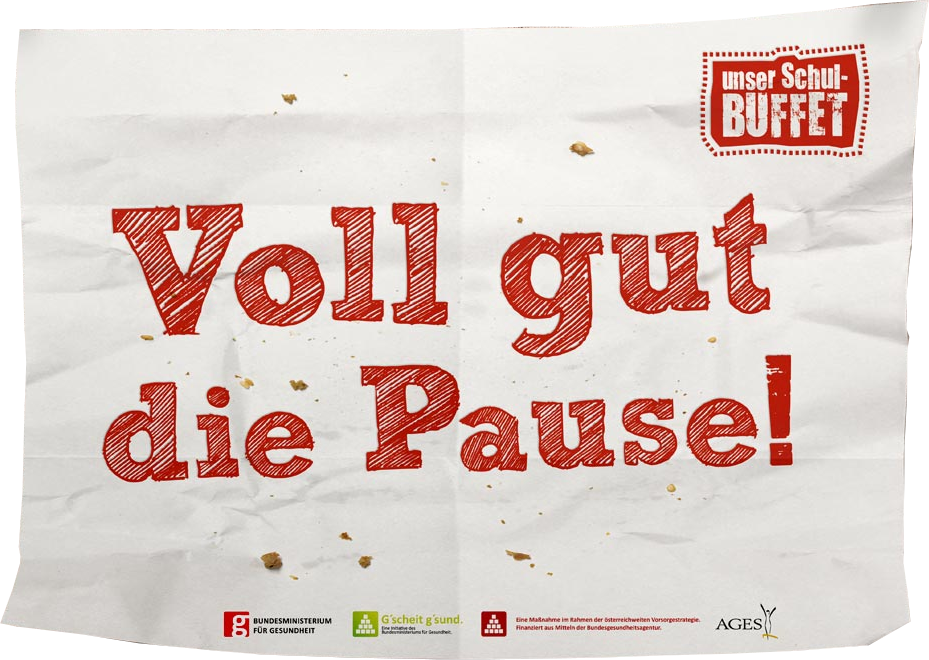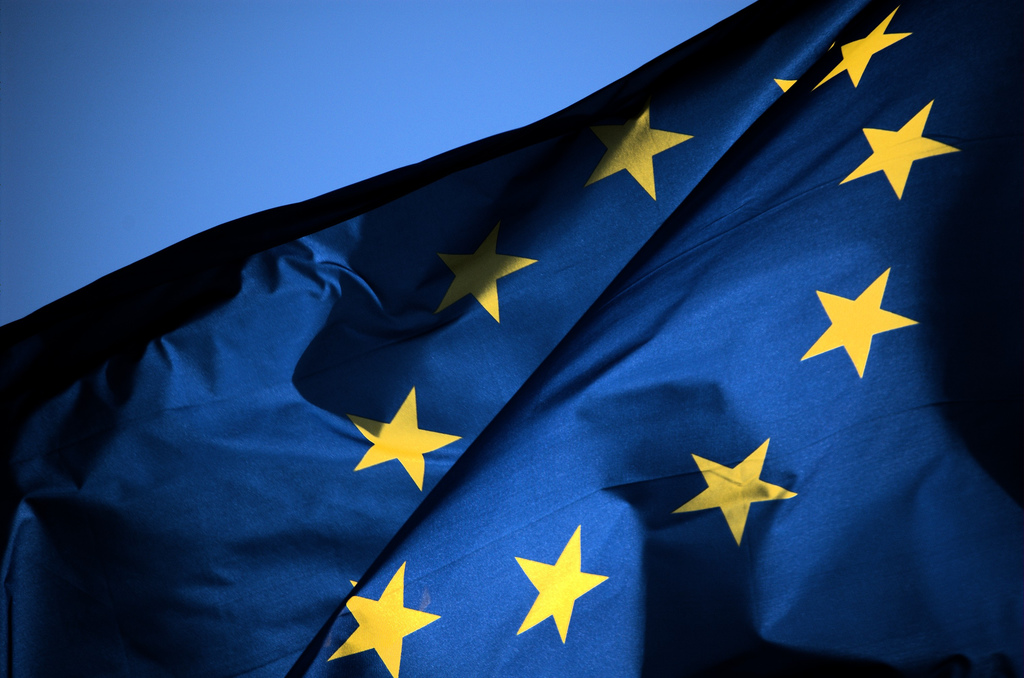Our most demanding project.
We want to lead our pupils through eight years of secondary school education and to give them the feeling of being brought up bilingually. English as a working language means to be taught in English in nearly every topic (as far as our resources can reach!). Native speakers from Great Britain, Canada, Australia and the USA as assistant teachers ensure control of the quality of our English.
An increased number of English lessons in combination with a large amount of specialized vocabulary and an intense contact with the Anglo-American school system and culture should give our pupils a good start into life in the European Union.
Furthermore, six years of French, four years of Latin and three years of Russian or Spanish are included in this curriculum.
Gymnasium / EU
In the school year 1995/96 the Europagymnasium introduced English as the language of instruction in one class per year group. This means that subjects such as biology, geography, history, etc. are taught in English. These classes are known as “EU-classes” but do not differ from regular classes apart from the language of instruction. “Native-teachers” (whose first language is English) join the teaching staff. Additionally, students can voluntarily join the Drama-class to foster their joy and passion for the English language and to improve their oral communication skills. At the moment, there are “EU-classes” in each age group from 1 to 8. As the “native-teachers”, who support the bilingual classes, are not paid by the government, parents cover these additional costs paying 400 € per year.
Since there is only one “EU-class” every school year, admission interviews take place each year. Parents will be informed in writing about the exact date of the interview.
Another selection criterion is the school report of the 4th form of elementary school is another selection criterion, which has to be submitted to the school administration in the process of enrolment.
Subjects with English as a language of instruction
Art, biology, chemistry, physics, geography, history, computer science, sport, music, psychology and handicrafts.
Foreign languages
English from year 1, French from year 3, Latin from year 5, Russian and Spanish can be chosen as compulsory subjects in the years 6, 7 and 8.
Acquiring of International Qualifications
Students have to take the Cambridge First Certificate in the 5th and the Cambridge Advanced Certificate (Ci) in the 7th form. In the 7th form, students can also take the DELF B1 Certificate in French.
Language trips
There is a two-week stay in an English-speaking country in the 4th form and a one-week trip to France in the 7th form.
Festivals and Activities
Christmas Show, Spring Festival, Drama evenings, workshops, excursions, projectsOur most demanding project.
We want to lead our pupils through eight years of secondary school education and to give them the feeling of being brought up bilingually. English as a working language means to be taught in English in nearly every topic (as far as our resources can reach!). Native speakers from Great Britain, Canada, Australia and the USA as assistant teachers ensure control of the quality of our English.
An increased number of English lessons in combination with a large amount of specialized vocabulary and an intense contact with the Anglo-American school system and culture should give our pupils a good start into life in the European Union.
Furthermore, six years of French, four years of Latin and three years of Russian or Spanish are included in this curriculum.
Gymnasium / EU
In the school year 1995/96 the Europagymnasium introduced English as the language of instruction in one class per year group. This means that subjects such as biology, geography, history, etc. are taught in English. These classes are known as “EU-classes” but do not differ from regular classes apart from the language of instruction. “Native-teachers” (whose first language is English) join the teaching staff. Additionally, students can voluntarily join the Drama-class to foster their joy and passion for the English language and to improve their oral communication skills. At the moment, there are “EU-classes” in each age group from 1 to 8. As the “native-teachers”, who support the bilingual classes, are not paid by the government, parents cover these additional costs paying 400 € per year.
Since there is only one “EU-class” every school year, admission interviews take place each year. Parents will be informed in writing about the exact date of the interview.
Another selection criterion is the school report of the 4th form of elementary school is another selection criterion, which has to be submitted to the school administration in the process of enrolment.
Subjects with English as a language of instruction
Art, biology, chemistry, physics, geography, history, computer science, sport, music, psychology and handicrafts.
Foreign languages
English from year 1, French from year 3, Latin from year 5, Russian and Spanish can be chosen as compulsory subjects in the years 6, 7 and 8.
Acquiring of International Qualifications
Students have to take the Cambridge First Certificate in the 5th and the Cambridge Advanced Certificate (Ci) in the 7th form. In the 7th form, students can also take the DELF B1 Certificate in French.
Language trips
There is a two-week stay in an English-speaking country in the 4th form and a one-week trip to France in the 7th form.
Festivals and Activities
Christmas Show, Spring Festival, Drama evenings, workshops, excursions, projects
 Timetable
Timetable  Consultation
Consultation  Contact/Imprint
Contact/Imprint  Application
Application  Downloads
Downloads  Events
Events  Library search
Library search  Eduvidual
Eduvidual 







